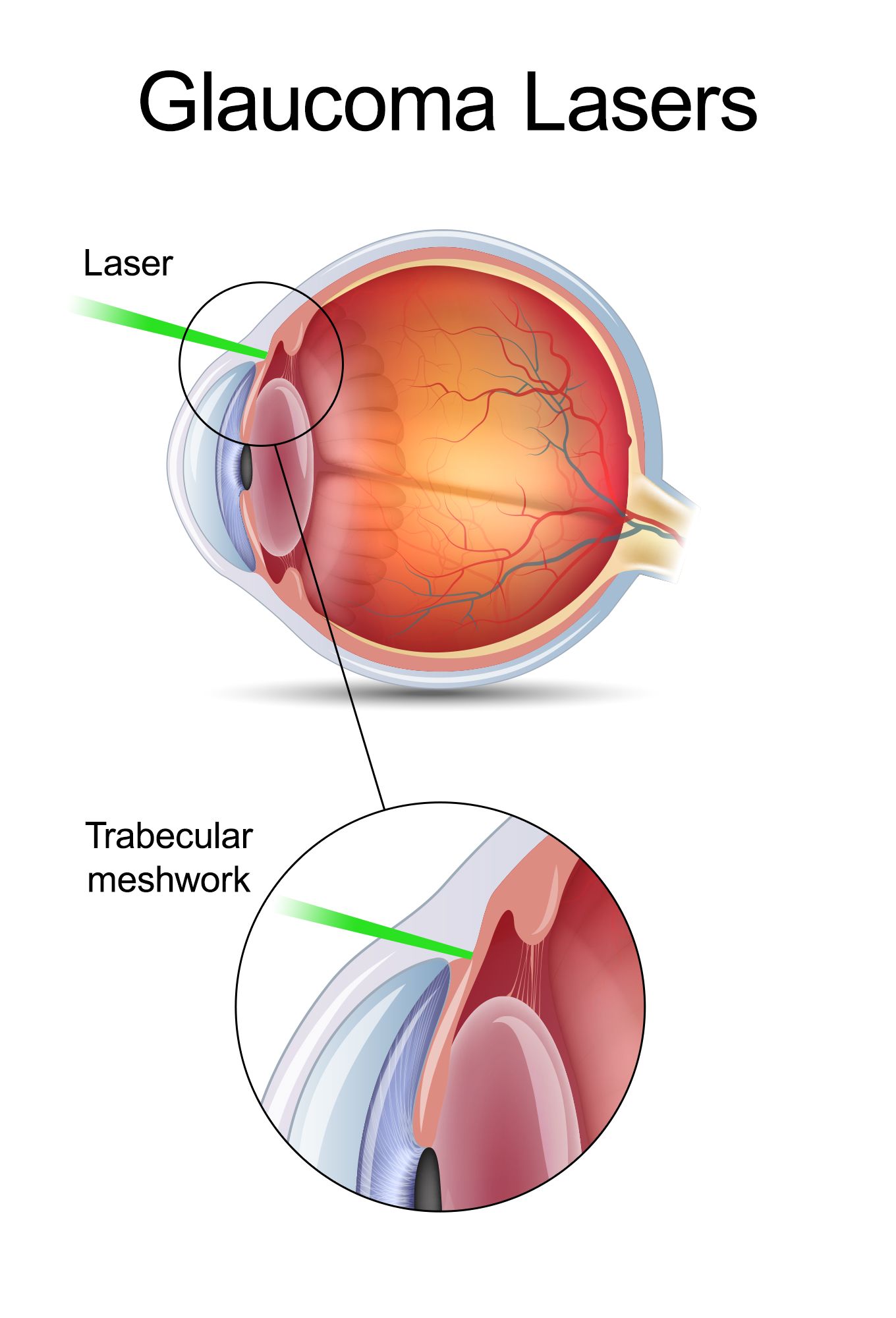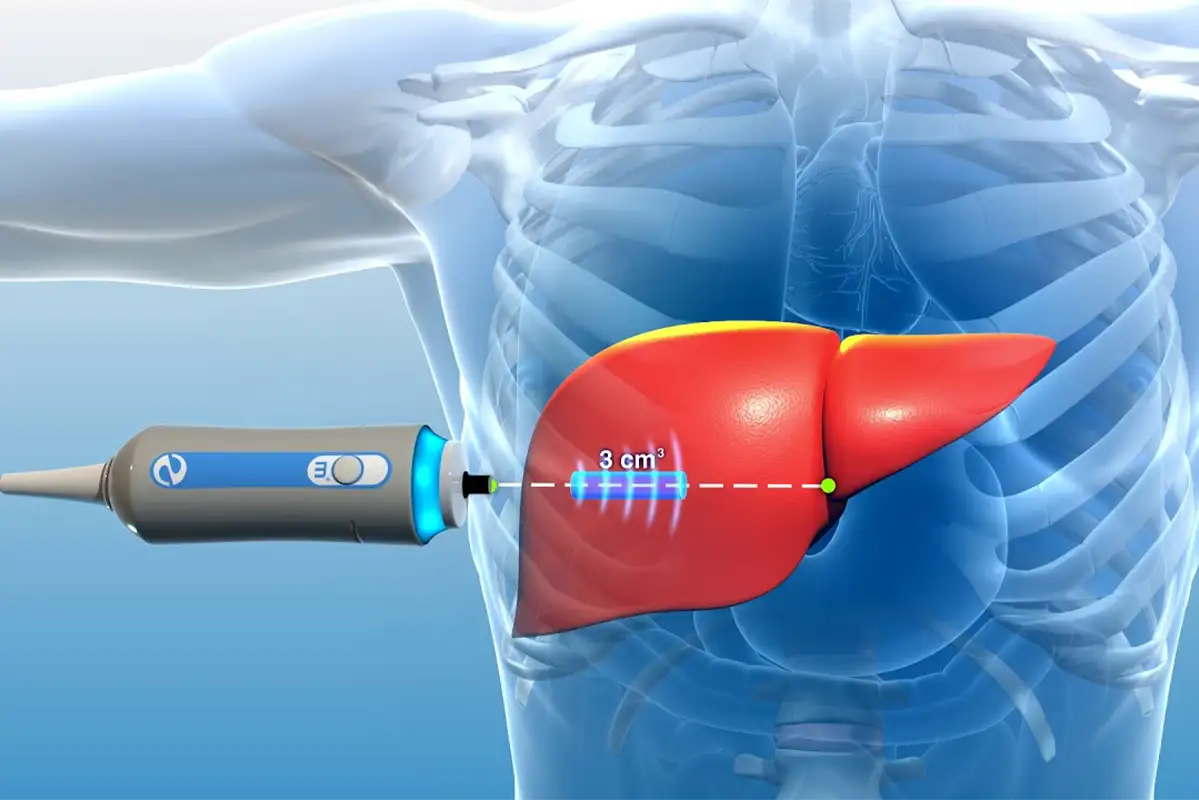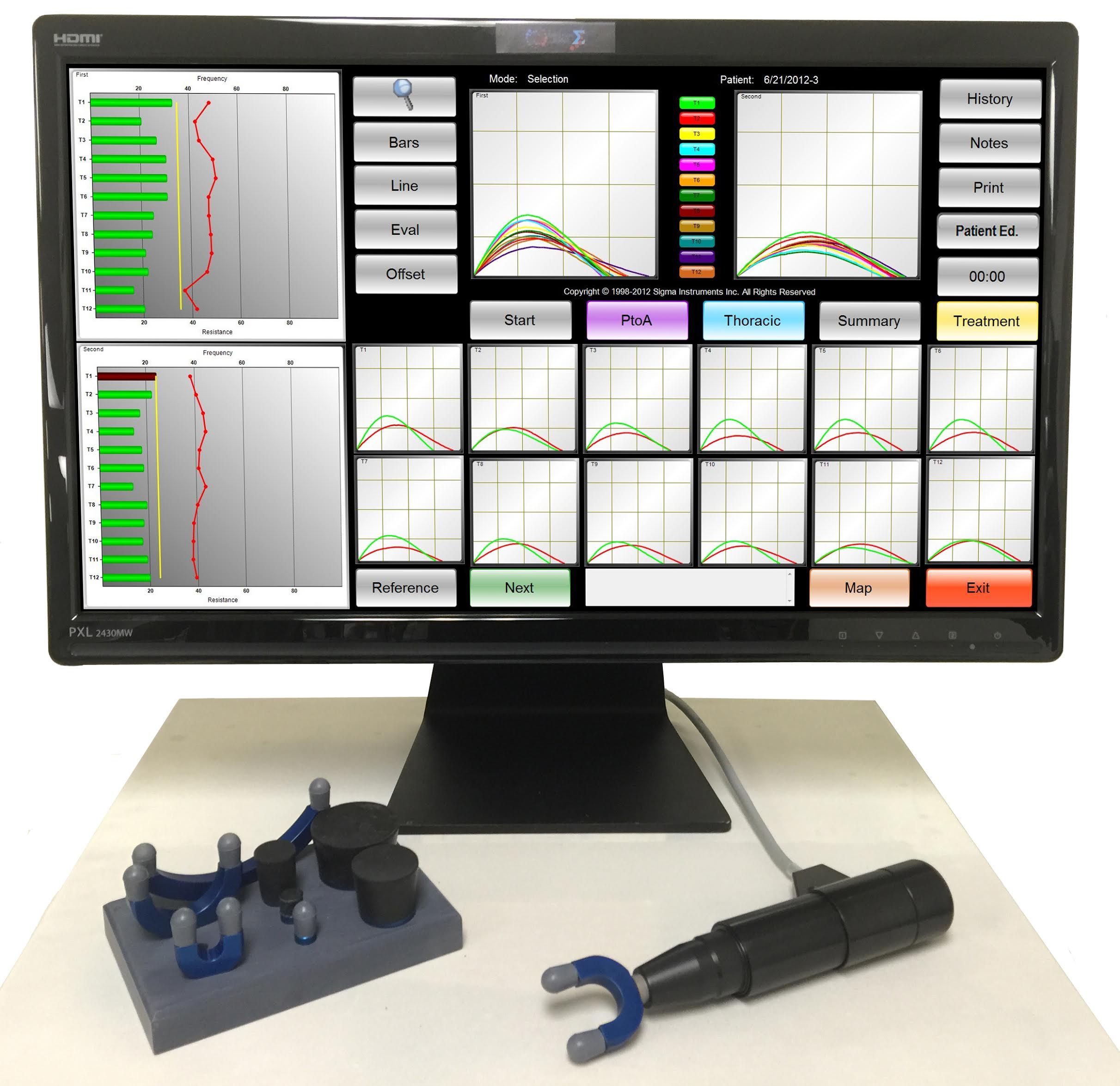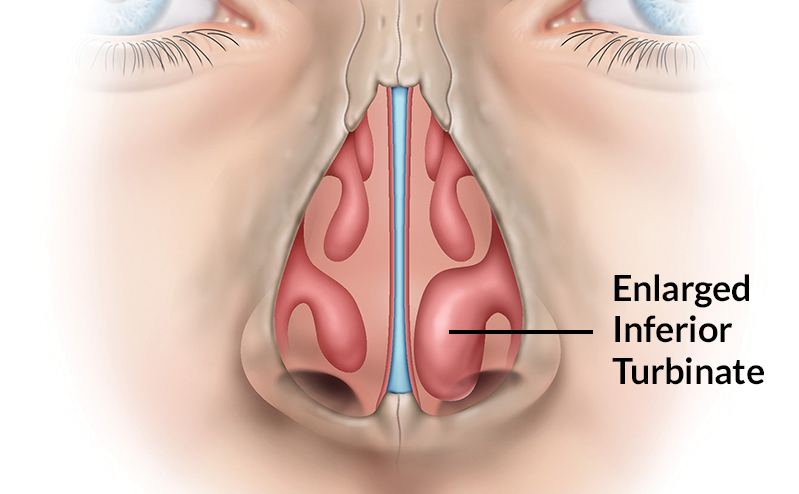Understanding Recurrent Abortion: Causes and Insights
Recurrent abortion, defined as the occurrence of two or more consecutive miscarriages, is a challenging and emotional experience for many couples. Understanding the causes behind these miscarriages is crucial for finding appropriate support and treatment options.
What Causes Recurrent Abortion?
There are several potential causes of recurrent abortion, including factors related to the fetus, the mother, and sometimes even the father. In some cases, the cause may remain unknown (idiopathic).
-
1. Fetal Factors
- Chromosomal Abnormalities: These genetic issues can lead to the development of a non-viable pregnancy, resulting in a miscarriage.
- Local Causes: Such as uterine anomalies, which can interfere with the implantation or growth of the embryo.
- Immune Diseases: Conditions like Systemic Lupus Erythematosus (SLE) or the formation of certain antibodies can affect the pregnancy.
- Other Medical Conditions: Diseases like diabetes mellitus, thyroid disorders, and even obesity can contribute to recurrent miscarriages.
- DNA Fragmentation: Damage to the DNA in the sperm can also lead to recurrent pregnancy loss.
Initial Treatment Options When the Cause is Unknown
In some cases, despite thorough medical evaluation, the cause of recurrent abortion may remain unidentified, known as idiopathic recurrent abortion. For these couples, seeking specialized medical advice and support is essential.
Watch Our Informative Video
To learn more about recurrent abortion, its causes, and possible treatments, watch the video below:


















